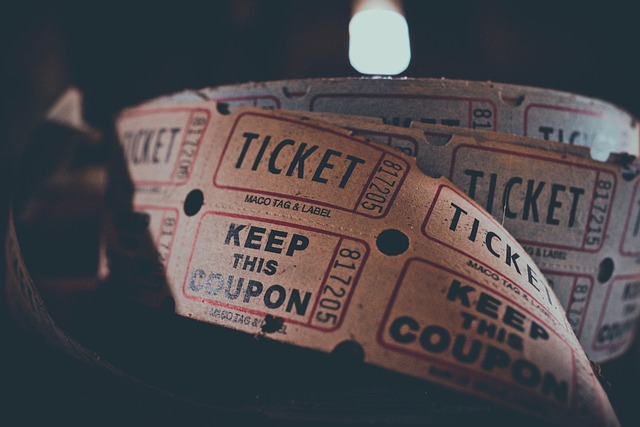The Fascinating History of Lotteries: From Ancient Times to the Present Day
Lotteries have long captured the imagination of people around the world. The allure of chance, combined with the tantalizing possibility of a life-changing win, has made lotteries a timeless form of entertainment and fundraising. Delving into the historical lottery reveals just how deeply intertwined these games of luck are with the social and economic fabric of civilizations throughout history.
Origins in Ancient Civilizations
The concept of a lottery can be traced back thousands of years. Ancient Chinese records from around 205-187 BCE document what could be the world’s earliest lottery tickets, believed to have financed major government projects like the Great Wall of China. Similarly, in ancient Rome, lotteries were often held at dinner parties, providing both entertainment and a way to distribute prizes. These early lotteries were more than just games; they functioned as a method for communities to pool resources and support public goods.
Medieval and Renaissance Lotteries
Fast forward to medieval Europe, and the historical lottery took on a new societal role. Governments and monarchs began using lotteries to generate revenue for wars, infrastructure, and charitable causes. One of the earliest recorded public lotteries offering tickets for sale dates back to 15th-century Burgundy and the Low Countries. During the Renaissance, lotteries proliferated across Europe, becoming a popular way to raise funds without imposing direct taxes.
The Birth of Modern Lotteries
By the 17th and 18th centuries, lotteries had become firmly established in many parts of the world, especially in colonial America. The proceeds helped finance schools, roads, and other public works, laying the groundwork for communities to thrive. The historical lottery was not without controversy, however. Concerns over fairness, morality, and gambling addiction led to periodic bans and regulations.
Lotteries in the Digital Age
Today, the lottery landscape has evolved dramatically. With the rise of technology, lotteries have embraced online platforms, broadening access and convenience for players worldwide. Despite changes in format, the core appeal remains constant—the suspense of the draw, the hope for fortune, and the thrill of participating in a shared social experience.
Why the Historical Lottery Continues to Captivate
Understanding the history of lotteries allows us to appreciate their deeper cultural significance. They are more than just games; they reflect humanity’s enduring fascination with fate, chance, and the dream of prosperity. Whether you participate for fun, support a cause, or simply enjoy the tradition, the historical lottery connects us to a legacy that spans centuries.
In exploring this history, we realize that lotteries are a mirror to society’s values and aspirations—a fascinating journey from ancient civilizations to the digital age, illustrating how a simple game of chance continues to resonate with people of all backgrounds.




